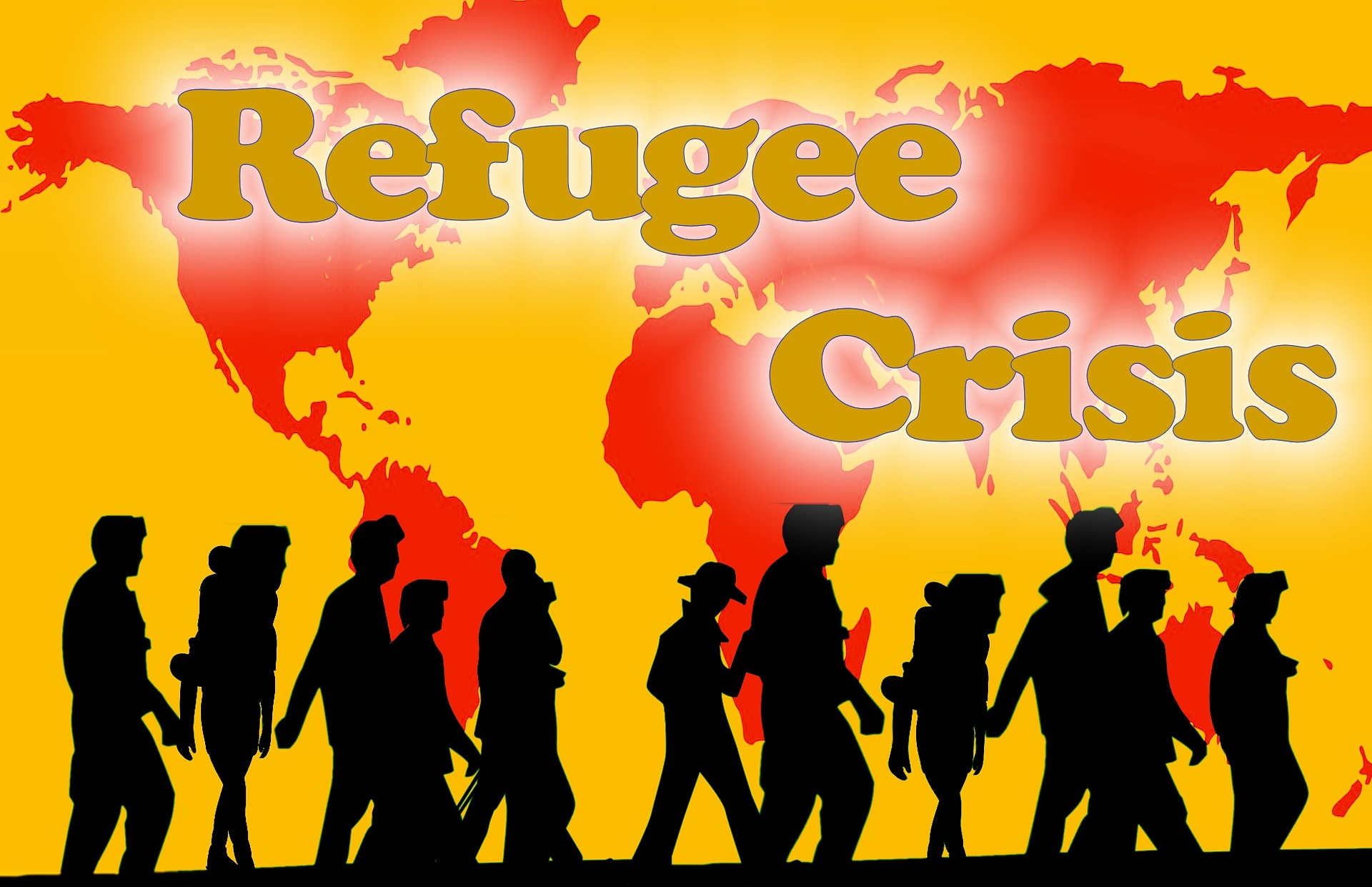Egypt is poised to ratify a new law that will significantly alter the landscape for refugees seeking asylum in the country. The proposed legislation, which has passed through most stages of the legislative process, aims to shift asylum-seeking responsibilities from the United Nations Refugee Agency (UNHCR) to the Egyptian government. This shift will result in Egypt establishing its own legal framework for determining asylum claims and managing the status of refugees. Expected to be signed by President Abdel Fattah el-Sissi in the coming days, the law has already sparked significant concern among human rights groups and refugee advocates, who fear that it could severely limit protections for vulnerable populations.
A New Framework for Asylum Seekers
The new law, officially titled the “Regulation of Foreigners’ Asylum in Egypt,” introduces a 39-article framework designed to manage the growing number of refugees in the country. Egypt, which has long been a destination for those fleeing conflict in the Middle East and Africa, is home to an estimated 9 million refugees, including individuals from Sudan, Syria, South Sudan, Yemen, Eritrea, and Gaza. However, only a fraction of these refugees, approximately 800,000, were officially registered with the UNHCR by October 2023, meaning the vast majority live in Egypt without legal refugee status, often relying on personal networks and informal aid.
Under the new system, all decisions regarding asylum claims will be made by a newly established Permanent Refugee Affairs Commission, led by Egypt’s Prime Minister Mustafa Madbouly. The law outlines a series of conditions under which refugees can be granted asylum or have their status renewed. These include requirements to respect Egyptian values and traditions, refrain from engaging in activities that could harm national security or public order, and avoid involvement in political or partisan activities. Refugees who fail to comply with these rules or whose asylum claims are rejected will be required to leave Egypt, regardless of the security situation in their home countries.
Concerns About the Law’s Implications for Refugee Rights
Human rights groups have expressed significant concerns about the new law, particularly regarding the lack of essential legal protections for refugees. One major issue is the absence of clear safeguards against forced returns to countries where asylum seekers may face danger. Under international law, refugees have the right not to be returned to a country where their life or freedom would be threatened. However, critics argue that Egypt’s new law fails to guarantee this fundamental protection. Timothy E. Kaldas, deputy director of the Tahrir Institute for Middle East Policy, warned that the law could lead to the forced expulsion of refugees without due process or legal recourse, particularly since the law’s provisions on national security are vague and could be used to justify arbitrary decisions.
“Guarantees that asylum seekers cannot be forcibly returned to unsafe countries are vital protections under international law,” Kaldas explained. “This law, unfortunately, omits this crucial safeguard.”
In addition, the law’s stipulation that refugees must “respect Egypt’s values and traditions” and refrain from political activity raises concerns about its potential to disproportionately impact certain groups. For example, Sudanese refugees, many of whom are active in political resistance movements, worry that their participation in advocacy could be seen as a violation of Egyptian law, making them vulnerable to detention or deportation. Mona, a Sudanese refugee who fled Khartoum in 2023, voiced concern that members of Sudanese civil society and youth resistance groups could be targeted under these new regulations.
International and Domestic Reactions
The proposed law has been met with strong criticism both domestically and internationally. A coalition of 22 Egyptian and international human rights organizations issued a joint statement condemning the draft law, emphasizing that the broad and vague language around national security could be exploited to unjustly restrict refugees’ rights. They also pointed out the law’s failure to uphold Egypt’s international commitments under the 1951 Refugee Convention and its 1967 Protocol, to which Egypt is a signatory.
Human rights organizations argue that the law undermines the principles of refugee protection and could worsen the already precarious situation for millions of refugees in Egypt. Kelly Petillo, Middle East researcher at the European Council on Foreign Relations (ECFR), noted that the shift from UNHCR oversight to national control over asylum matters could lead to the marginalization of rights-based organizations, which have traditionally played a crucial role in advocating for refugees’ interests.
Egypt’s Strategic Interests and the Gaza Crisis
Egypt’s decision to push forward with its new asylum law comes amidst a broader regional context, particularly in light of the ongoing violence in Gaza. Since the Hamas-led attack in Israel on October 7, 2023, and the subsequent Israeli military actions in Gaza, Egypt has seen an influx of Palestinian refugees, although the government has expressed reluctance to accept large numbers of displaced Palestinians. In addition, Egypt has been under increasing pressure from its European partners, particularly in relation to migration control.
The Egyptian government’s interest in taking greater control over refugee affairs may be motivated by several factors. As part of its efforts to deepen its political and economic ties with European nations, Egypt has positioned itself as a key partner in curbing migration from the Middle East and Africa. In 2023, the European Union and Egypt signed an agreement to enhance counter-migration efforts, with a $8 million (€7.4 million) package to reinforce stability and support Egyptian efforts to limit the number of refugees and migrants attempting to reach Europe.
Furthermore, Egypt’s handling of Palestinian refugees is a particularly sensitive issue. The Egyptian government is keen to assert its sovereignty over asylum matters, particularly in relation to Palestinian refugees, as the issue is highly politically charged both domestically and regionally.
Looking Ahead: A Call for Comprehensive Refugee Protections
As Egypt prepares to finalize its asylum law, the international community, along with local human rights organizations, will be closely monitoring its impact. Refugee advocates argue that while Egypt’s desire for more control over asylum policy may reflect political and strategic considerations, it is essential that the country upholds international standards for refugee protection. The law’s provisions, particularly its vague security clauses and lack of guarantees against forced returns, must be revisited to ensure that refugees in Egypt are not left vulnerable to exploitation, arbitrary detention, or deportation.
In this critical moment, the Egyptian government must balance national security concerns with its international obligations to protect the rights of refugees, many of whom have fled conflict and persecution in their home countries. Without stronger safeguards for asylum seekers, Egypt risks undermining its role as a regional leader in refugee protection and stability.



